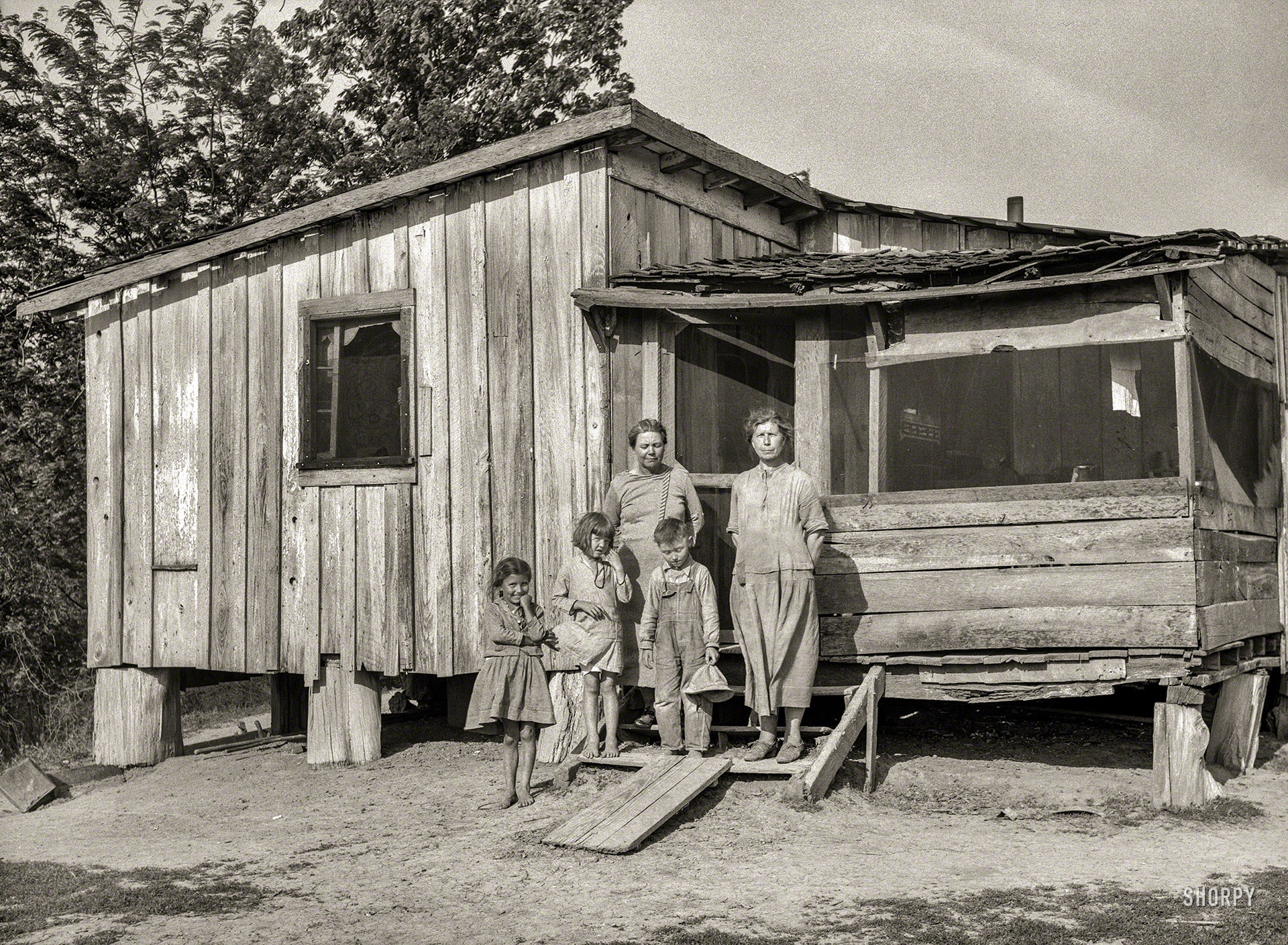Their bad

Hillbilly Elegy | J.D. Vance
This jeans-to-riches memoir describes a childhood that by all rights should have ended in death or incarceration, but instead produced an Ivy League-educated attorney and bestselling author.
J.D. Vance, whose Scots-Irish grandparents traveled the “Hillbilly Highway” from Appalachia to southern Ohio in pursuit of the American Dream, credits his survival to the handful of family members whose parenting skills weren’t quite as abysmal as those of his drug-addicted mother. His finishing school was a four-year tour of duty as a Marine, after which he stormed the halls of higher education.
Vance proposes “learned helplessness” (p. 163), a kind of self-inflicted wound, as his culture’s greatest handicap. He acknowledges that social programs can help, but believes that poor people will succeed only when they stop blaming others for their problems.
We talk about hard work, but tell ourselves that the reason we’re not working is some perceived unfairness: Obama shut down the coal mines or all the jobs went to the Chinese. These are the lies we tell ourselves to solve the cognitive dissonance – the broken connection between the world we see and the values we preach. – p. 147
I don’t know what the answer is, precisely, but I know it starts when we stop blaming Obama or Bush or faceless companies and ask ourselves what we can do to make things better. – p. 257
As obvious as it is that individuals should strive for self-reliance and take responsibility for their own actions, it seems just as obvious that government and corporations should own and act upon their responsibilities as custodians of the common good. But Vance doesn’t see it that way. If the government permits industry to gut communities by sending jobs overseas, for example, Vance believes it’s inappropriate, even counter-productive, for those communities to seek redress or relief. Rather, they should pick themselves up, dust themselves off, and start all over again.
It might be an exaggeration to call Vance a corporate shill, however disagreeable his see-no-victim, caveat-emptor brand of tough love might be, but I do think it would be fair to say that he serves his masters well by glossing over first causes. Corporate media’s enthusiastic embrace of him, moreover, is entirely predictable.